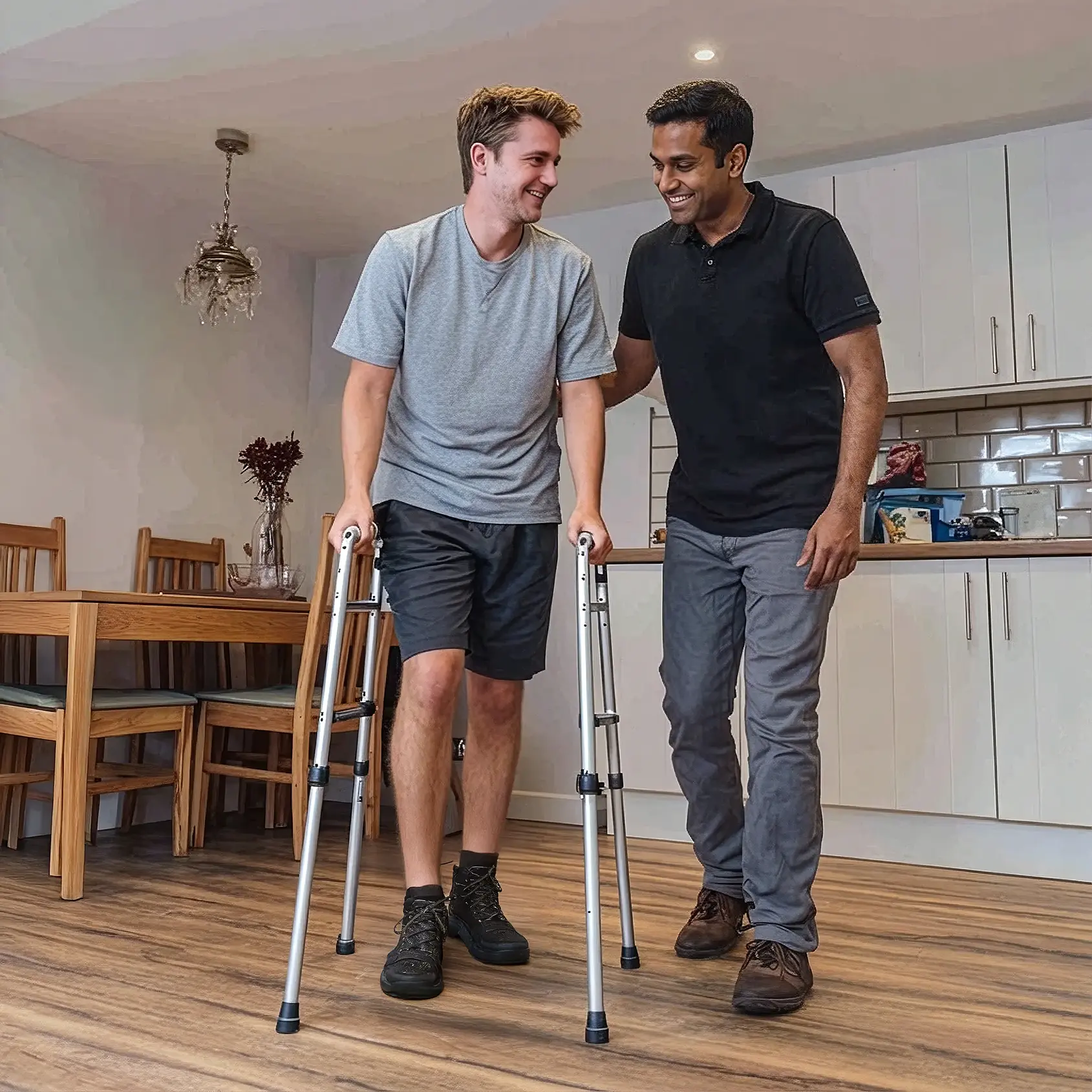Careers
11 Sept 2023
How to Recognize Health Deterioration in Care
Nurse Career Guides

How to Recognize Health Deterioration in Care
Spotting early warning signs of declining health can prevent serious medical emergencies. As a carer, your observations and quick response directly impact patient safety and outcomes.
People with learning disabilities face particular vulnerability as they often depend on others to identify when they're unwell. Early recognition saves lives.
Key Warning Signs to Monitor
Consciousness and Mental State
Increased anxiety or unusual agitation
Confusion or disorientation
Restlessness or inability to settle
Reduced responsiveness to usual stimuli
Heart and Circulation Changes
Irregular pulse or heart rate changes
Dizziness or feeling faint
Chest pain or discomfort
Excessive sweating without obvious cause
Temperature Fluctuations
High fever - above 37.5°C
Low temperature - 35°C or below
Chills or shivering without environmental cause
Breathing Difficulties
Labored breathing requiring extra effort
Unusual breathing sounds - wheezing, rattling, silence
Flared nostrils during breathing
Persistent coughing or breathlessness
Physical Appearance Changes
Skin mottling or unusual patterns
Pallor or unusually pale complexion
Blue-tinged lips or fingertips
New rashes or skin irritations
Digestive and Urinary Changes
Persistent vomiting or diarrhea
Distended abdomen or unusual swelling
Reduced urine output or complete absence
Changed urine color - dark, cloudy, or bloody
Strong-smelling urine indicating possible infection
Prevention and Risk Reduction
Know Your Care Recipients
Understand baseline health - what's normal for each individual
Learn their communication style - how they express discomfort
Recognize their usual behavior patterns and daily routines
Trust Your Instincts
Act on concerns even when unsure
Listen to gut feelings about changes you observe
Take family concerns seriously - they know the person best
Use Holistic Assessment
Look at the whole person rather than isolated symptoms
Record vital signs but don't rely solely on measurements
Consider multiple factors together for complete picture
Communicate Effectively
Report concerns promptly to appropriate healthcare professionals
Provide specific details about changes observed
Document timing of symptom onset and progression
Share relevant background information about the individual
When to Seek Help
Immediate medical attention needed for:
Severe breathing difficulties
Loss of consciousness
Chest pain
Signs of stroke or seizure
Uncontrolled bleeding
Contact healthcare professionals for:
Persistent fever or very low temperature
Significant behavior changes
Multiple symptoms appearing together
Any concerns about deterioration















